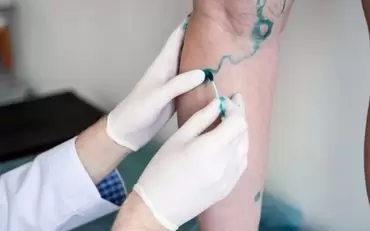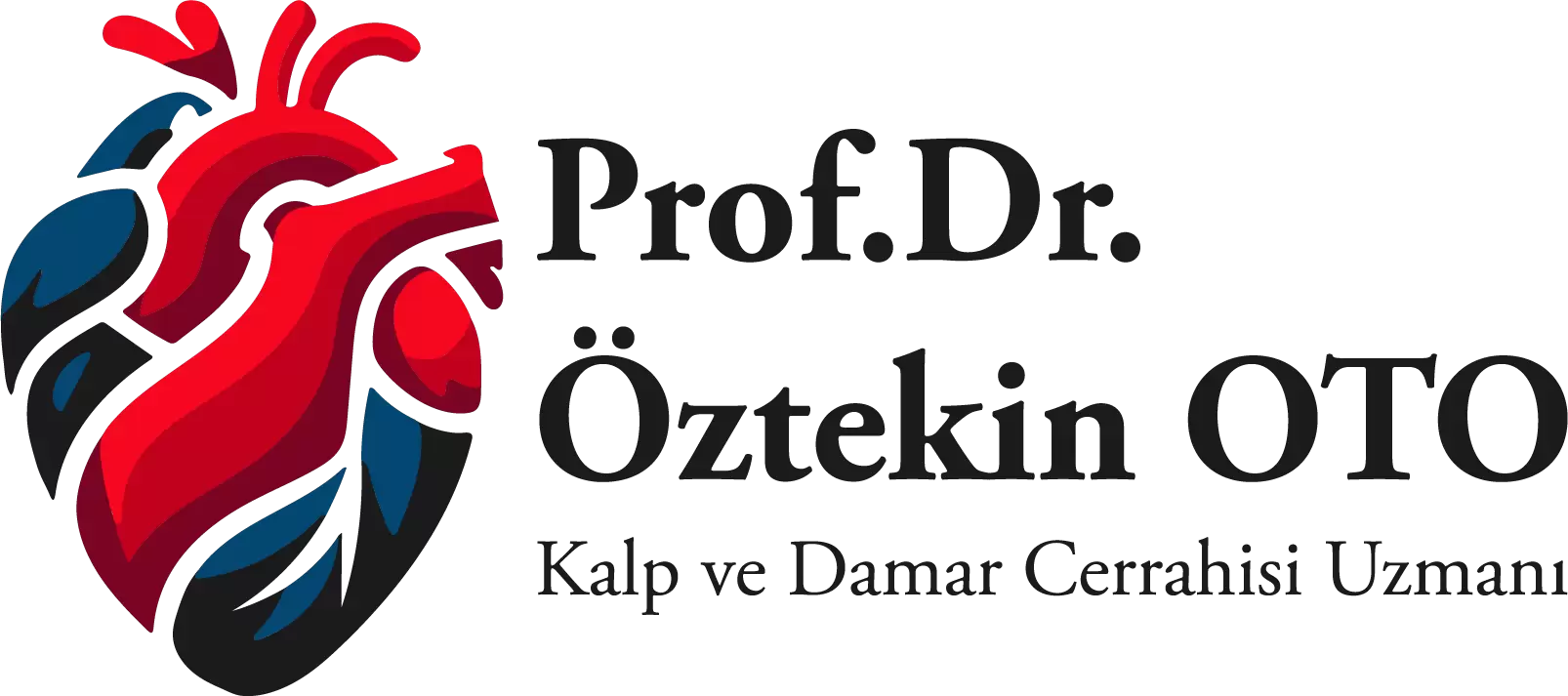29 Oca
Open Heart Surgery
Son değiştirilme tarihi: 23 Şub 2026
Open Heart Surgery
Heart is an extremely important organ for an individual to survive. Any health problem observed in the heart would inevitably affect the overall health status of an individual.
Heart diseases may impair the outgoing veins of the heart, veins transporting dirty blood to the heart, heart rhythm or heart valves. When left untreated, these problems may lower the patient’s quality of life or cause sudden death in the long run. Cardiac diseases may be treated with various surgical and non-surgical methods.
With the advancement in scientific studies and technology, open heart surgery has become a standard procedure after 50 years of development, for which the patient undergoes a detailed diagnosis and treatment process.
What Is Open Heart Surgery
In open heart surgery, the sternum is incised to open. Then a device to support the lungs and the heart is introduced. The operation, also known as open heart surgery is mostly applied in the treatment of coronary artery diseases today. And yet it may be a treatment option in treatment of
- Cardiac rhythm problems,
- Cardiac holes,
- Congenital heart problems,
- Stenosis and heart failure
- Deformed, ballooned or torn great vessels
- Removal of heart tumors
How To Perform Open Heart Surgery
The patient undergoes a detailed process of diagnosis and investigation. Once the necessary preparatory process is completed to preserve the overall health status of the patient, he/she would be admitted to the hospital one day before surgery. The patient is taken to the OR after a proper disinfection. Cardiac surgery lasts for about 3 to 4 hours. In open heart surgery, the heart and lungs may either be supplemented with a device or the operation may be performed as the heart is in working condition.
All risk factors are to be assessed and necessary measures are to be taken in open heart surgery. Patients connected to respiratory device postoperatively would wake up in 4-6 hours. ICU stay is minimum 24 hours.
What Are The Risks of Open Heart Surgery
As in all surgical interventions, open heart surgery has its own risks. Since the circulatory system and the cardiovascular system are quite complicated and inter-related, these operations are more risky when compared to other types of surgeries.
Before Open Heart Surgery
There are some important questions to be asked to the patient before open heart surgery. First the overall health status of the patient is to be assessed and checked if there is any risk associated with diabetes, blood pressure or lungs or any deformation or blockage in carotid artery. Also, the patient’s respiratory system is examined and his/her capacity is measured.
Risks are identified and necessary measures are taken before any open heart surgery. At this point, the patient is checked in terms of infections, and if any, is first treated for this condition. Therefore, oral and dental checks are never overlooked for any patient to undergo open heart surgery to make sure that there is no underlying infection.
The patient is admitted to the hospital one day before any open heart surgery and blood group is to be identified. Thus, matching blood would be available in case of any transplantation need during the operation.
After Open Heart Surgery
After open heart surgery, the patient is transferred to intensive care unit and 24 hours later, to ward. It is normal to feel pain at the site of incision and doctors would administer some painkillers to keep this problem in control. The patient is discharged in about 1 week after the operation and afterwards should be meticulously cared at home during the entire recovery process.
Recovery After Open Heart Surgery
During and after any open heart surgery, the biggest threat is infection. Therefore sterilization must be a priority also during recovery. Breath exercises and coughing are quite important for faster recovery. The impact of coughing on recovery is that any sputum accumulated in the lungs and the risk of infection would be avoided.
The patient must be encouraged to move and walk to avoid edema in the body and to facilitate faster recovery in the post-operative period. Nutrition must be started with small amounts of fluid intake bridging to normal diet.
Patients having undergone open heart surgery must preserve their overall health status in postoperative recovery process and in the long run. Exercise programs must be strictly followed, balanced nutrition must be preserved and a stress-free life style must be followed.
Related Articles

What Is Varix Surgery And How Is It Performed?
Varix is a common disease of the veins. Since patients suffering from this condition experience only..
Read More
10 Frequently Asked Questions on Varices
As a disease of the veins, varices are defined as accumulation of blood in the legs with the effect ..
Read More
Treatment of Varices by Endovenous Laser
As a serious vascular disease, many diagnosis and treatment methods have recently been developed for..
Read More




